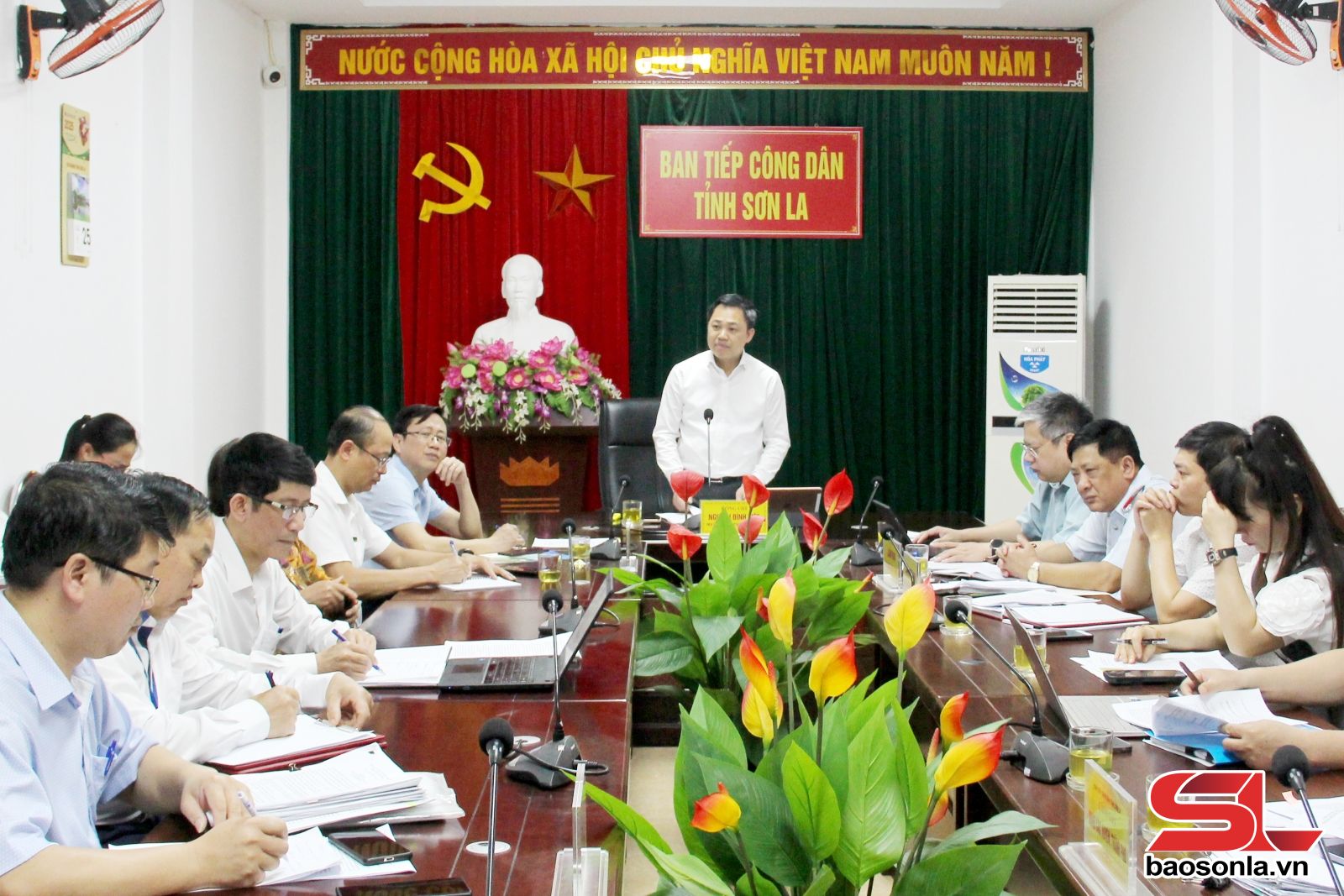
Photo: PV
The 2024 PAPI index has 22/28 component contents increasing in score, 6/28 component contents decreasing in score compared to 2023. To maintain the high-scoring content index, improve and raise the low-scoring content index, the Department has advised the Provincial People's Committee to issue a plan with 39 tasks and solutions to maintain and raise the PAPI index in 2025.
Accountability to the people is a high-scoring index. In 2025, the province will continue to effectively implement the 2011 Law on Complaints, the 2018 Law on Denunciations and the 2013 Law on Citizen Reception, increasing the level and effectiveness of interaction between local authorities and the people. Focus on resolving difficulties, obstacles, recommendations, reflections and concerns of the people and enhancing the responsibility of heads of agencies and units in resolving complaints and denunciations of citizens.
Conduct direct dialogues between leaders of Party committees and authorities at all levels; heads of provincial departments, branches and sectors with the people. In the first 6 months of the year, the Provincial Citizen Reception Committee received 97 visits, with 305 people; received and processed 355 petitions. Administrative agencies received 623 visits, with 844 people, related to 589 cases...
For the content indicators in the group with low average scores, including: Public administrative procedures; provision of public services and e-governance, the main reason is that the technical infrastructure, network connection and equipment for information technology application in some localities, especially remote areas, are still limited, affecting the effectiveness of providing online public services. The awareness and habits of a part of the people and businesses towards performing online administrative procedures are not high; there is still a fear when using online public services...
To improve the content index of "Public administrative procedures", the Chairman of the Provincial People's Committee issued a decision on the plan to control administrative procedures (AP) in 2025. Directing departments, branches and localities to review, evaluate and simplify AP according to their management areas; focusing on developing directive documents; improving staff capacity; ensuring the quality of legal documents; publicizing and updating the national database on AP; handling feedback and recommendations; implementing the one-stop mechanism, maintaining a synchronous AP handling information system across the province, using the login mechanism and authenticating information from the National Public Service Portal.
Since the beginning of the year, the Provincial People's Committee has issued decisions announcing the list of administrative procedures to be implemented for integration, providing full and partial online public services of Son La province on the National Public Service Portal; issued 21 decisions on announcing internal administrative procedures in the province and 9 decisions approving the plan to simplify internal administrative procedures of departments, branches and sectors... Up to now, the number of administrative procedures that have provided online services is 1,844, of which, 1,844 services are on the Provincial Service Portal; 534 services are on the National Public Service Portal.

Regarding the content of "Providing public services" and "Electronic governance", the province focuses on improving telecommunications infrastructure, especially the implementation of the rural electricity supply program in the province. Up to now, 99.5% of households in the province have access to electricity, of which 97.4% of households use electricity safely... The province's public service portal and electronic one-stop system have been upgraded, ensuring connectivity with the national public service portal. At the same time, synchronous solutions are deployed to raise awareness and digital skills for officials, civil servants and people, especially at the grassroots level; the document management and administration system is used uniformly from the provincial to the communal level, contributing to improving the effectiveness of direction and administration, saving costs and time.
When implementing a two-level government, the Commune-level Public Administration Service Center undertakes many additional tasks, such as: Advising and assisting the Commune-level People's Committee in building e-government and implementing the one-stop and one-stop mechanism; receiving, digitizing, and returning results of administrative procedure settlement; controlling administrative procedures according to authority; monitoring, urging, and coordinating the settlement of administrative procedures and providing public services directly to people and businesses.
Coming to the Public Administration Service Center of Moc Son Ward to do business registration procedures, Ms. Dang Kim Anh, from Residential Group 1, excitedly said: "The staff and civil servants were very enthusiastic in guiding me, declaring the paperwork procedures, and I was guided to declare completely on the computer and receive the results in a few minutes, very convenient; I am very satisfied with this innovation."
Comrade Nguyen Thanh Tinh, Deputy Director of the Department of Home Affairs, informed: The highlight after 1 week of operating the 2-level government, the Public Administration Service Centers in 75 communes and wards in the province operated smoothly, without any interruption in handling administrative procedures. The information technology system and specialized software were operated stably, contributing to improving the quality and efficiency of serving the people, towards a professional, modern administration, taking the people as the center of service.
With specific solutions, Son La province is gradually overcoming shortcomings and limitations to improve and enhance the contents of the PAPI index, aiming at the goal of building a friendly government that serves the people.
Source: https://baosonla.vn/cai-cach-hanh-chinh/nang-cao-chi-so-hieu-qua-quan-tri-va-hanh-chinh-cong-tREdnQsNR.html



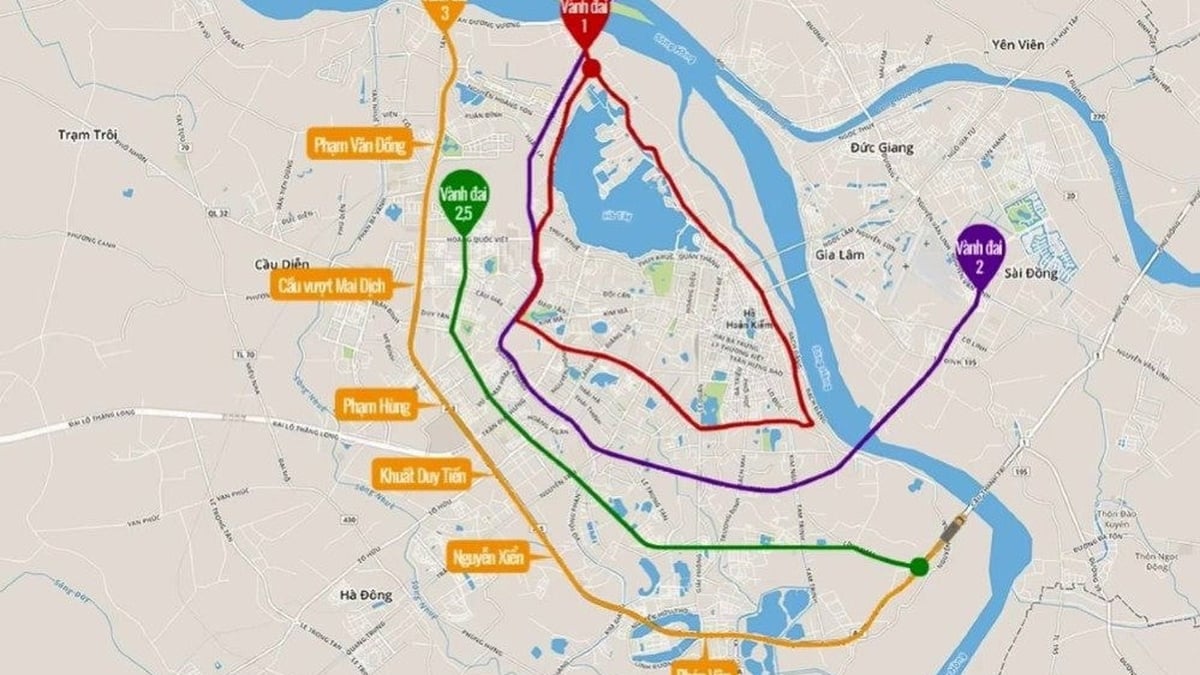
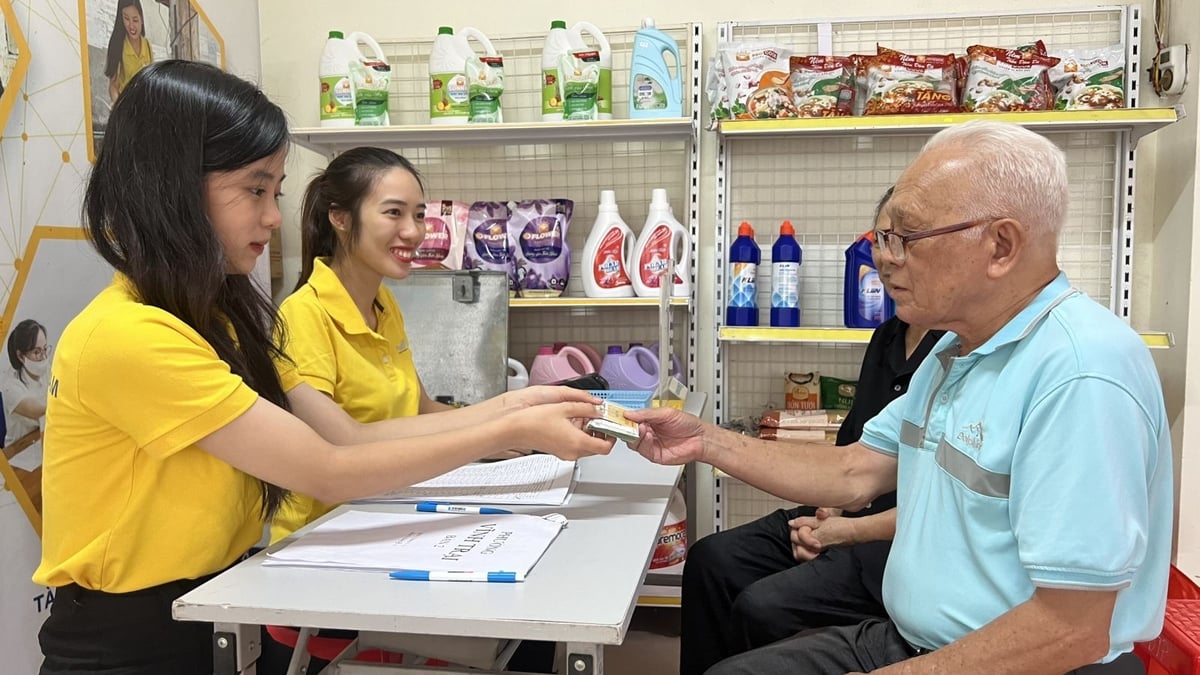
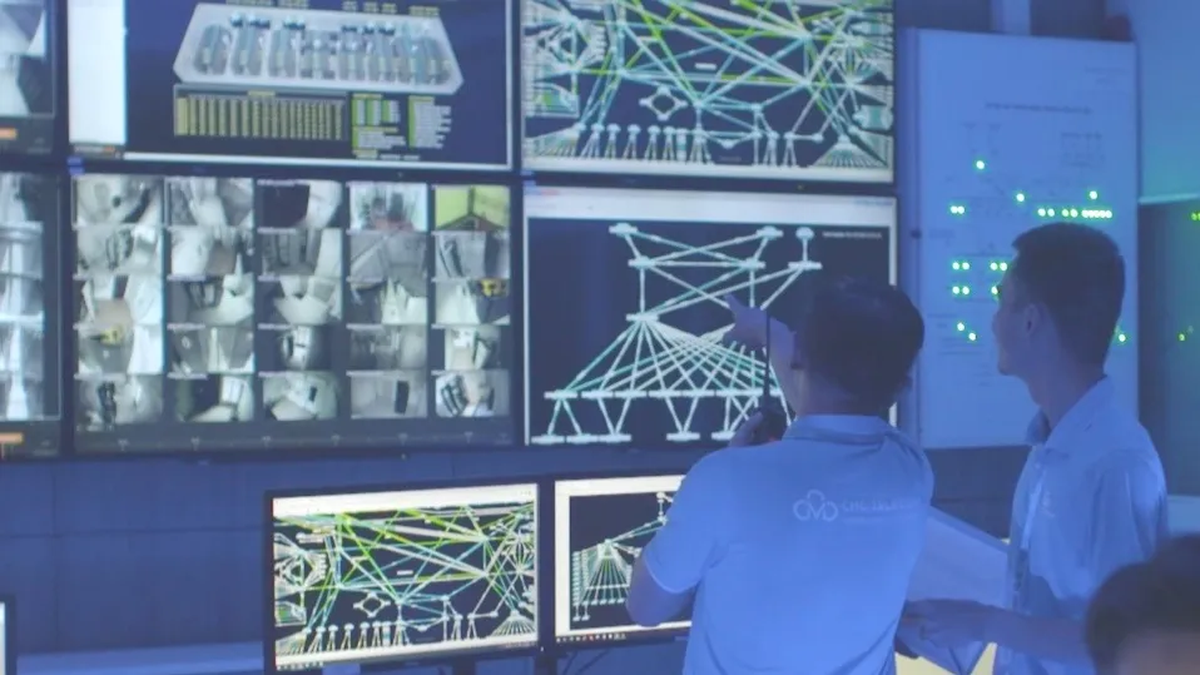
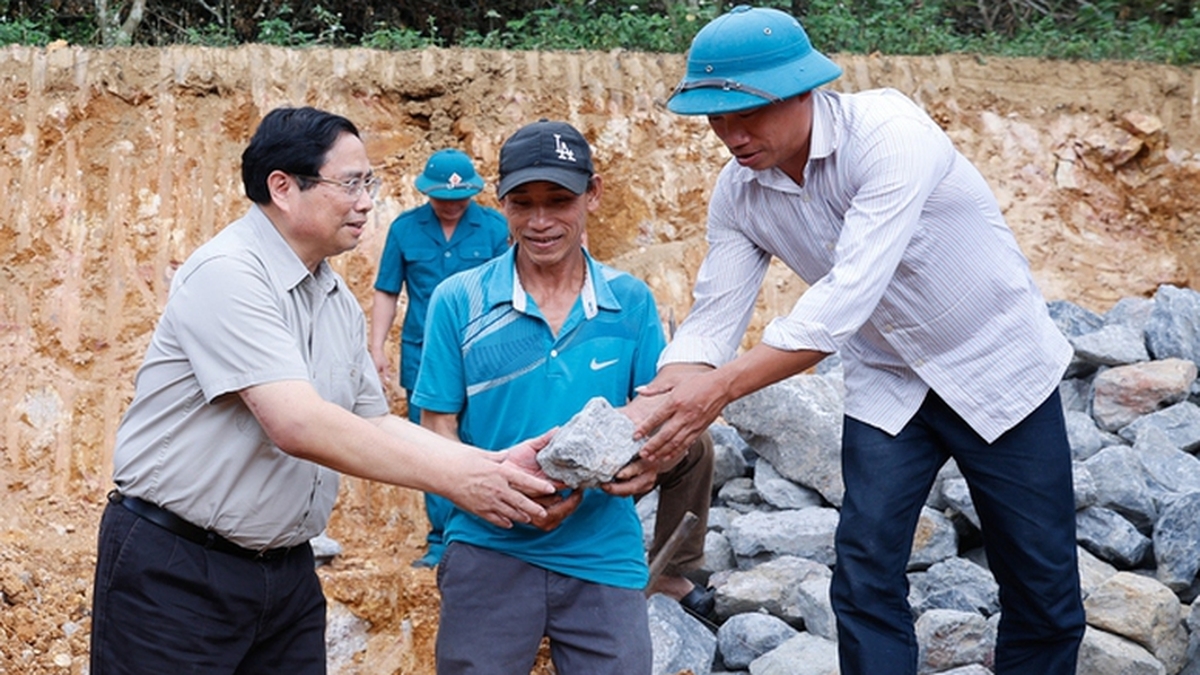






























































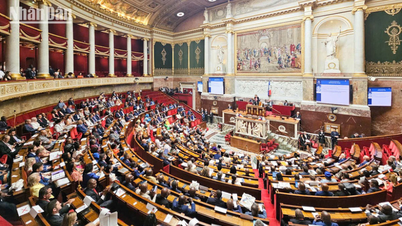



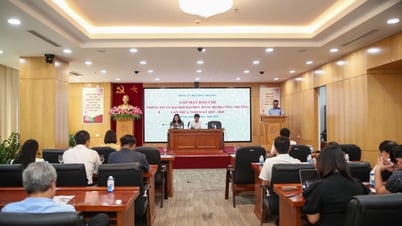


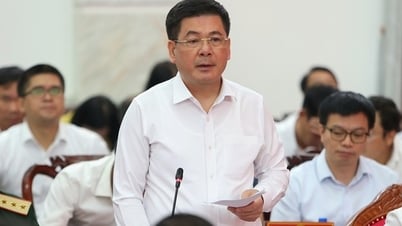

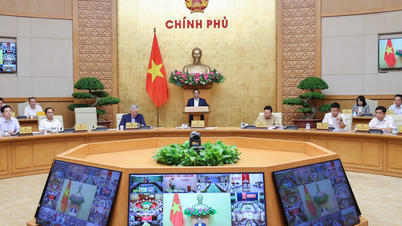























Comment (0)